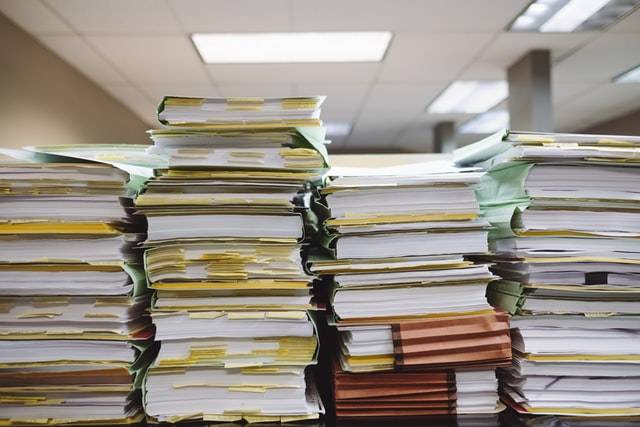Most Popular
 What is Document Certification and Document Legalisation?
What is Document Certification and Document Legalisation?
Document certification and document legalisation are integral processes in ensuring ...
Understanding Travel Consent Witnessing and Travel Documentation Legalisation
In an increasingly globalized world, travel has become a common ...
Document Notarisation Demystified: A Closer Look at its Significance
Document Notarisation Demystified offers an insightful exploration into the significance ...



Legalisation Of Documentation In The UK – Know About The Uses And Importance

Legalisation of documentation is an official process in the United Kingdom that verifies the authenticity of official documents to ensure their recognition abroad. It is one of the important processes that involve certifying that a document has been issued or authenticated by a recognised authority, making it acceptable for use in other countries.
- Legalisation of documentation is the process by which the Foreign, Commonwealth & Development Office (FCDO) certifies a document.
- This procedure involves attaching an Apostille, a specialised certificate that confirms the validity of the document’s origin.
- Legalisation ensures compliance with the Hague Apostille Convention of 1961, which simplifies the verification of documents for international use.
Why is Legalisation Required?
Legalisation is often required when any person or businesses need to present UK-issued documents in foreign countries. Governments, organisations, and institutions overseas require assurance that the documents presented are legitimate and have been verified by the appropriate UK authorities. This is especially important for:
- UK citizens applying for jobs overseas may need to legalise qualifications, degrees, or professional certifications.
- Companies expanding operations internationally may need to legalise contracts, trade agreements, or financial documents.
- For visa applications or residency permits, individuals may need to provide legalised birth certificates, marriage certificates, or police clearance documents.
- Students applying to foreign universities often need legalised academic transcripts and diplomas.
- Legalising documents like wills, powers of attorney, or court orders ensures they are valid for legal proceedings in other jurisdictions.
How Does the Legalisation of Documentation Work?
The procedure is well-planned, systematic, and need support from experts. The document must first be certified by a solicitor, notary public, or relevant government department. The verified document is sent to the FCDO for the issuance of an apostille. For countries not part of the Hague Apostille Convention, additional legalisation by the destination country’s embassy or consulate may be required.
You will get varied benefits of legalisation of documentation in the UK. Legalisation ensures smooth international transactions and minimises disputes related to document authenticity. For people, it simplifies processes such as securing employment or studying abroad. For businesses, it fosters trust and compliance in cross-border dealings.
Legalisation of documentation is an essential process for ensuring the validity of UK documents internationally. Whether for personal, educational, or business purposes, it facilitates seamless interactions across borders, providing credibility and compliance in an increasingly globalised world. The best way is to get in touch with experts who will guide you at every step and ensure the legalisation of documentation properly. They have all the resources and team to ease the entire process.
Summary: Legalisation of documentation is a crucial step in many ways. It is required at diverse steps to ensure your identity is valid and working. Find the recognised agency to get precise solutions.